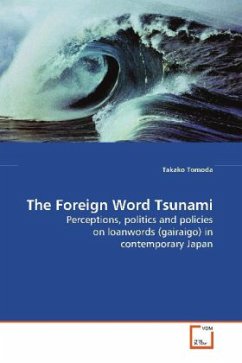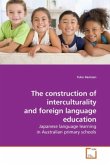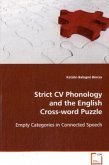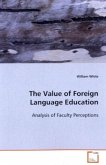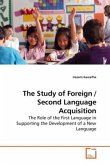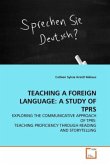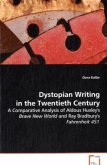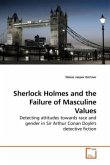The massive postwar wave of, mostly English,
loanwords (gairaigo) entering Japanese has met with
mixed responses, ranging from puristic criticism to
enthusiastic praise. Supporters view this influx of
new words as modernising and enriching the language.
Opponents see them as confusing and damaging both the
language and culture, and leading to excessive
Westernisation, social division, and cultural
shallowness. Some see gairaigo as part of the
inevitable, or even welcome, phenomenon of
globalisation. This book examines the dimensions of
the gairaigo phenomenon within the context of
language and cultural change. It presents the
arguments, issues and debates the gairaigo phenomenon
has prompted amongst academics, social commentators,
politicians, language planners, journalists, business
people and members of the public. Original data is
provided throughout and most of this material is not
otherwise available in English. This book will be of
value to people interested in language change, the
Japanese media, cultural and political debates about
Japanese identity, the linkages between politics,
academia and the bureaucracy, as well as Japanese
people s attitudes to English and the West.
loanwords (gairaigo) entering Japanese has met with
mixed responses, ranging from puristic criticism to
enthusiastic praise. Supporters view this influx of
new words as modernising and enriching the language.
Opponents see them as confusing and damaging both the
language and culture, and leading to excessive
Westernisation, social division, and cultural
shallowness. Some see gairaigo as part of the
inevitable, or even welcome, phenomenon of
globalisation. This book examines the dimensions of
the gairaigo phenomenon within the context of
language and cultural change. It presents the
arguments, issues and debates the gairaigo phenomenon
has prompted amongst academics, social commentators,
politicians, language planners, journalists, business
people and members of the public. Original data is
provided throughout and most of this material is not
otherwise available in English. This book will be of
value to people interested in language change, the
Japanese media, cultural and political debates about
Japanese identity, the linkages between politics,
academia and the bureaucracy, as well as Japanese
people s attitudes to English and the West.

